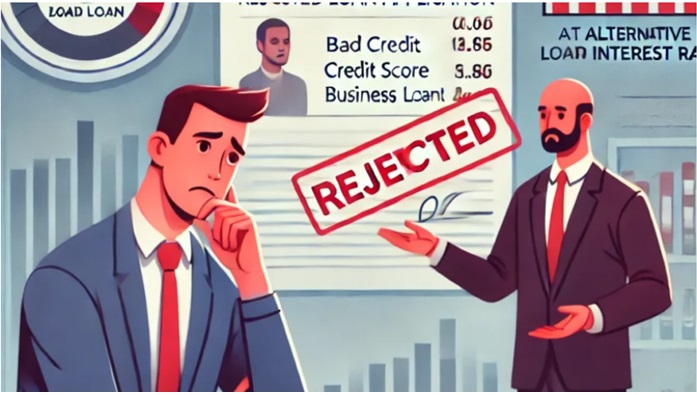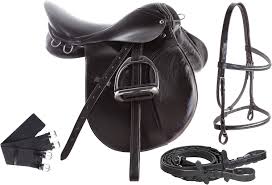Car Dealership Bad Credit specializes in working with buyers who have bad credit, offering options that allow them to purchase a vehicle despite credit challenges. These dealerships often provide flexible financing solutions by using the car itself as collateral, which helps buyers secure loans even with poor credit scores. This approach increases the chances of approval compared to traditional lenders.
Buyers with bad credit should expect to shop around and compare dealers, as terms, interest rates, and down payment requirements can vary. Some dealerships focus on no money down offers or low-interest financing to make purchasing easier. Knowing which dealerships have experience with bad credit can save time and improve the likelihood of finding a suitable deal.
How Car Dealerships Help Buyers With Bad Credit
Car dealerships use specific methods to help buyers with bad credit access vehicle financing. They evaluate applicants carefully, offer specialized loan types, and base their decisions on clear credit metrics. This process improves chances of approval while managing risk for both the buyer and the dealership.
Understanding Bad Credit Financing
Bad credit financing is designed for buyers who have poor or limited credit histories. Dealerships often work with lenders who understand the higher risk involved and offer more flexible approval criteria. Financing options may include higher interest rates or larger down payments to offset this risk.
Dealerships also educate buyers about responsible borrowing. They explain how loan terms, monthly payments, and interest rates affect overall costs. This transparency helps buyers avoid worsening their credit situation.
Types of Loans Available for Poor Credit
Buyers with bad credit typically qualify for subprime auto loans. These loans have higher interest rates than prime loans but make car ownership possible. Common types include:
- Buy Here, Pay Here (BHPH) loans: Loans provided directly by the dealership, often with no credit check.
- Secured loans: Where the vehicle itself is collateral against the loan.
- Co-signed loans: Backed by someone with better credit to reduce lender risk.
These loan options vary in terms and amounts, but all require careful consideration to avoid long-term financial strain.
How Dealerships Assess Credit Scores
Dealerships use credit reports and scores from bureaus like Equifax or TransUnion. They look at factors such as payment history, outstanding debt, and length of credit history. Often, dealerships categorize applicants into risk tiers to decide financing terms.
Some dealers offer approval with very low scores by focusing on recent financial behavior or income stability. In these cases, they may ask for proof of steady income or a larger down payment to reduce lending risk. This personalized approach balances buyer needs with lender requirements.
Steps To Secure Auto Financing With Bad Credit
Securing auto financing with bad credit requires careful preparation, strategic actions to boost approval chances, and making smart financial choices. Knowing what documents to gather, how to strengthen a loan application, and the best approaches to down payments and trade-ins can make a significant difference.
Preparing Necessary Documentation
Lenders will require detailed documentation to assess loan applications, especially when credit is poor. The primary documents include a valid government-issued ID, proof of income (pay stubs, tax returns, or bank statements), and proof of residence such as utility bills or lease agreements.
Additionally, submitting documents that demonstrate financial responsibility can improve perception. This might include records of consistent bill payments or a letter from an employer verifying income stability.
Gathering all paperwork in advance reduces delays and shows the lender preparedness. Having recent statements and clear records helps the lender verify the borrower’s ability to repay the loan despite past credit issues.
Improving Your Approval Chances
Improving approval chances involves several strategic steps. Using a co-signer with good credit can significantly strengthen the application, as their creditworthiness supports the loan.
Another approach is to shop around for lenders who specialize in bad credit financing, like credit unions or online lenders with flexible terms. They often understand the challenges and offer better rates or terms.
Showing proof of steady income and reducing existing debt before applying can also enhance approval. Keeping loan amounts reasonable and targeting vehicles within one’s financial reach helps avoid overstretching credit capacity.
Down Payment and Trade-In Options
Making a substantial down payment can lower the amount financed and signal commitment to lenders. A higher down payment reduces lender risk, which may lead to better interest rates or loan terms.
Trade-ins are another option to increase the down payment value. Offering a reliable trade-in vehicle can offset part of the purchase price, especially if its value is documented and agreed upon.
Buyers should prepare to negotiate both down payment and trade-in values separately to maximize leverage. Careful budgeting ensures payments remain affordable and protects against loan default risks.


